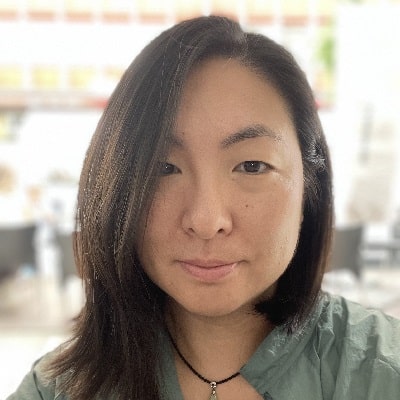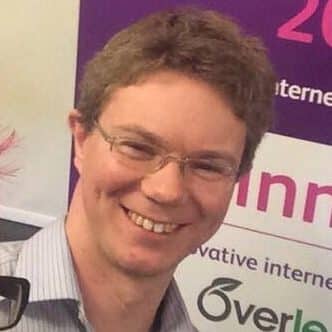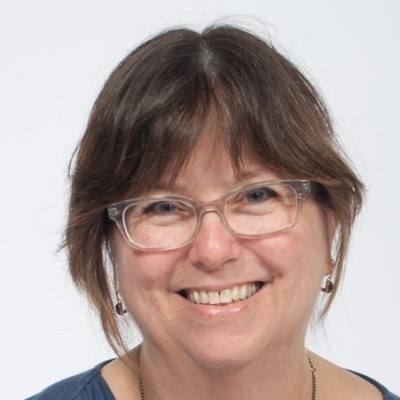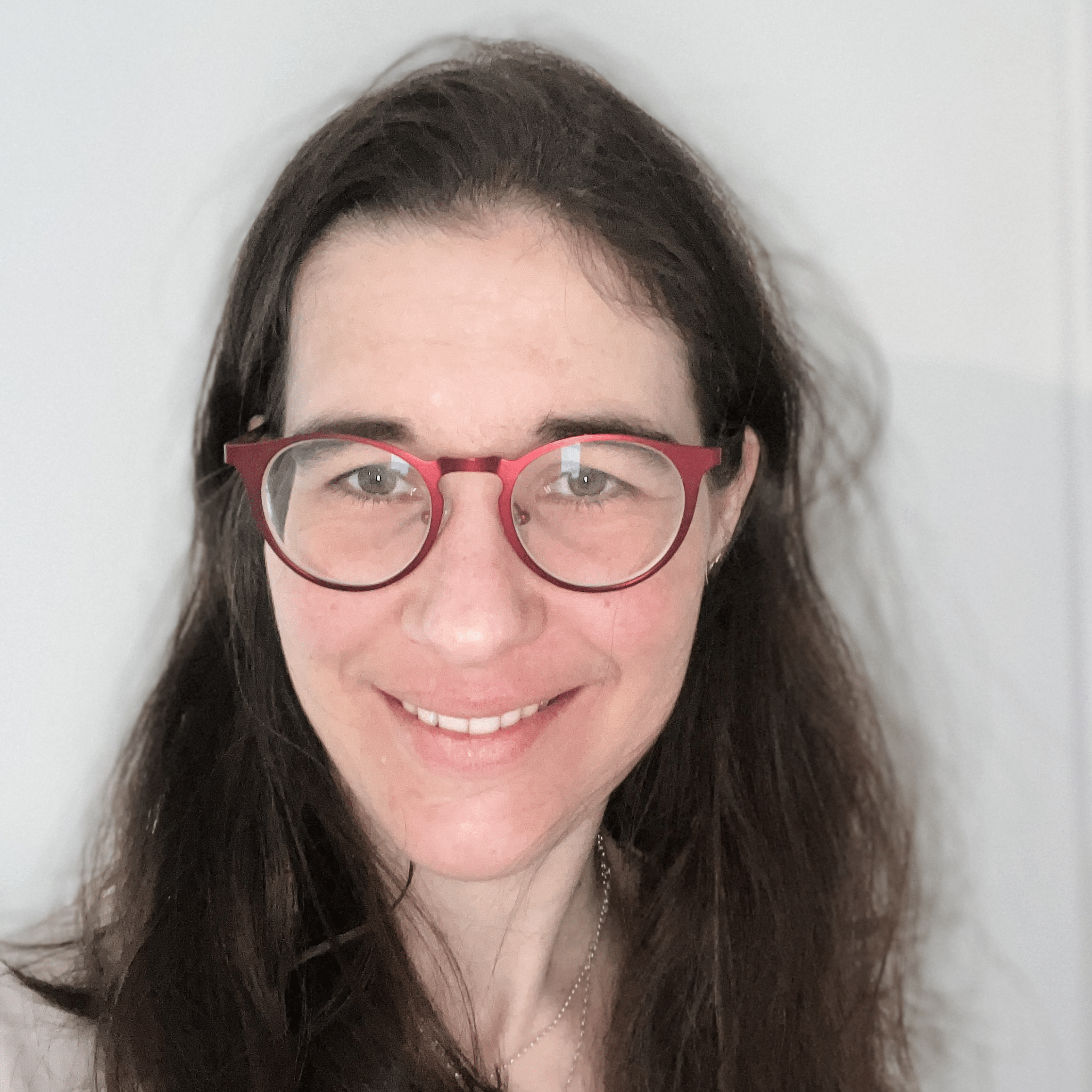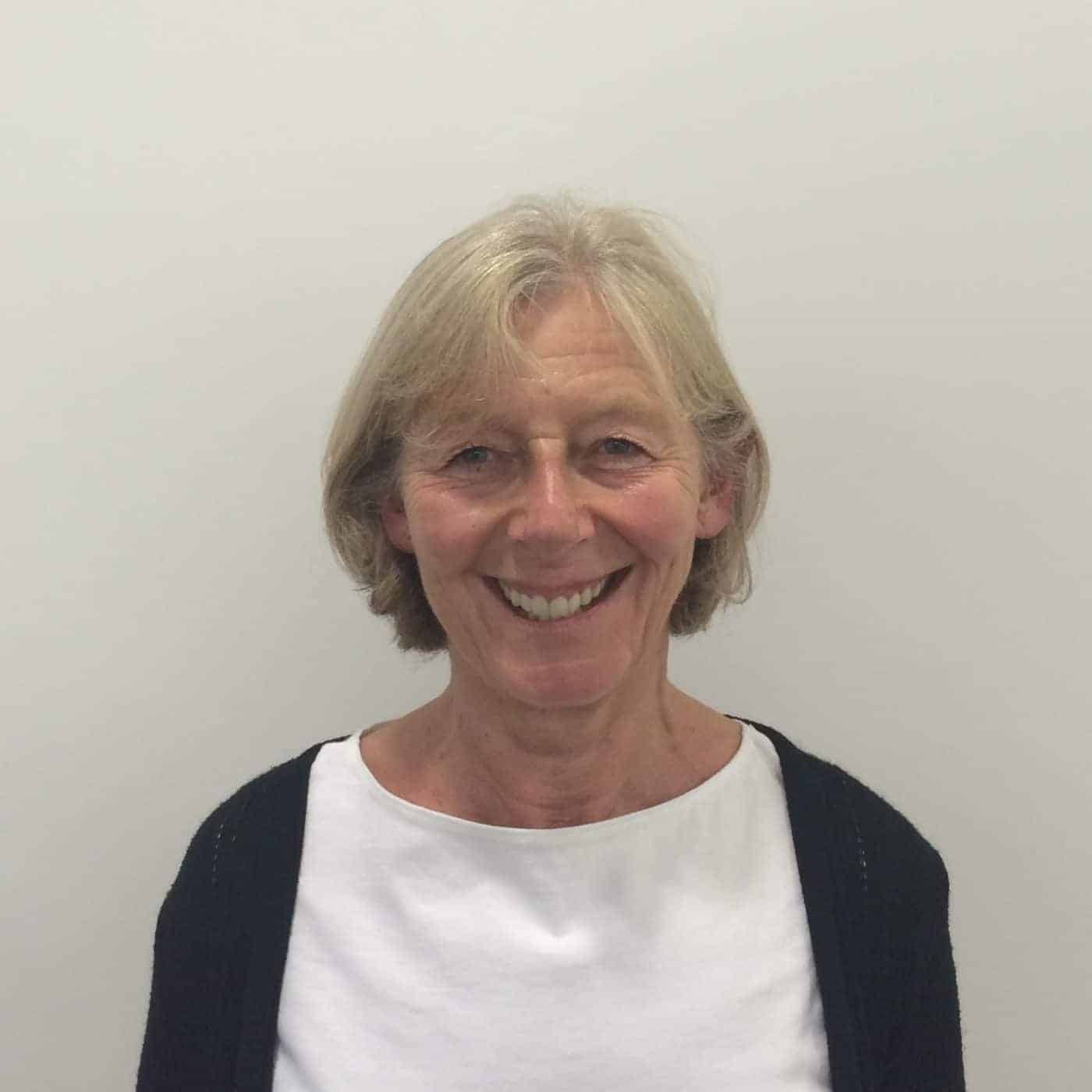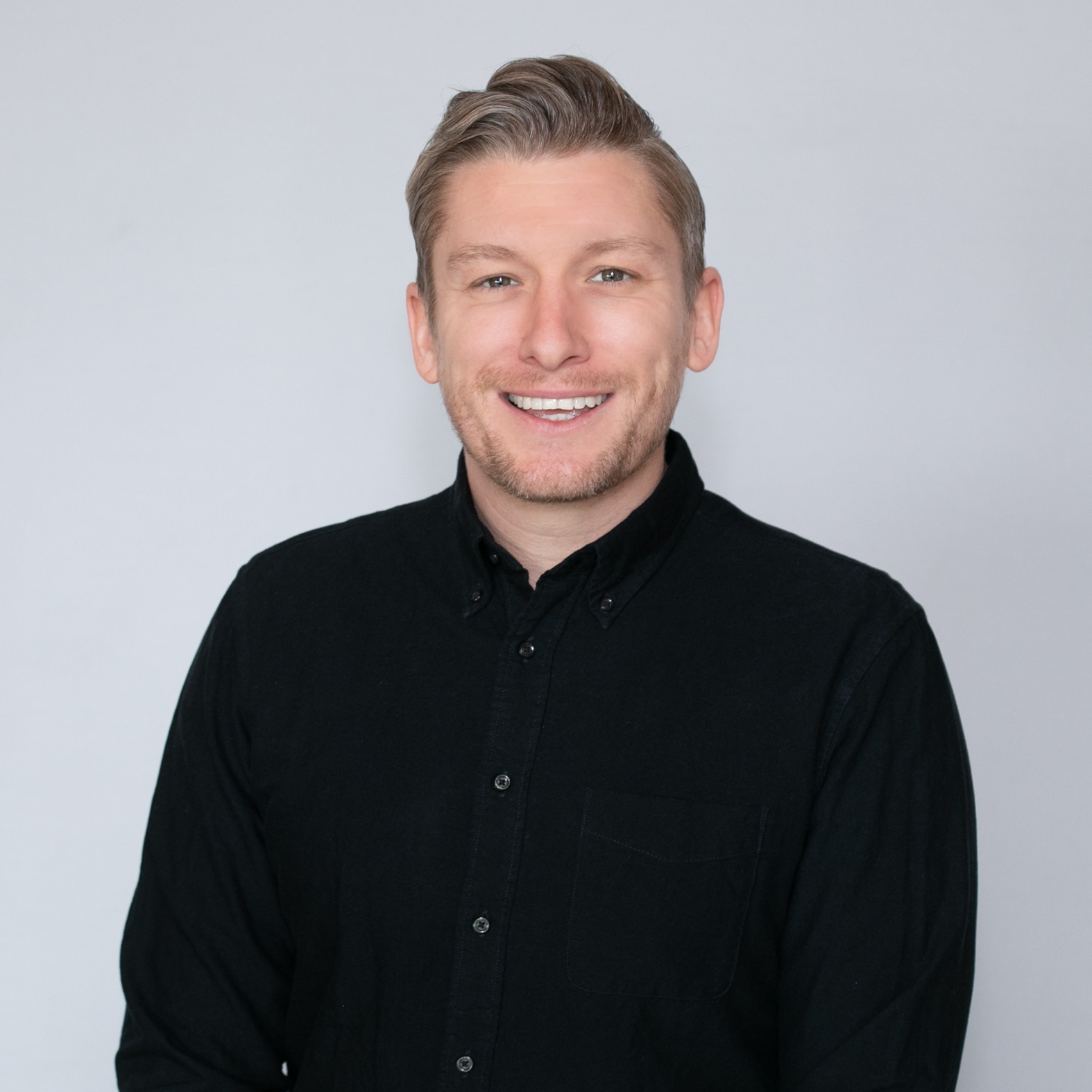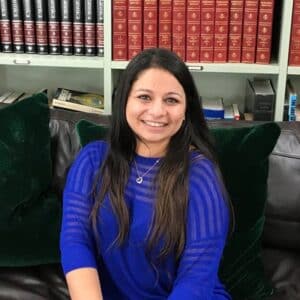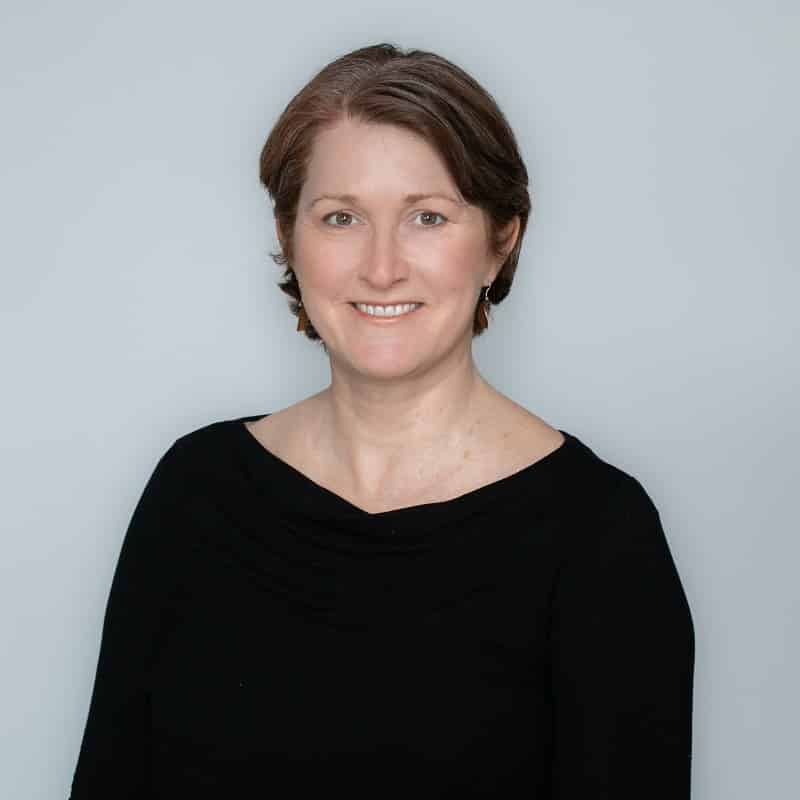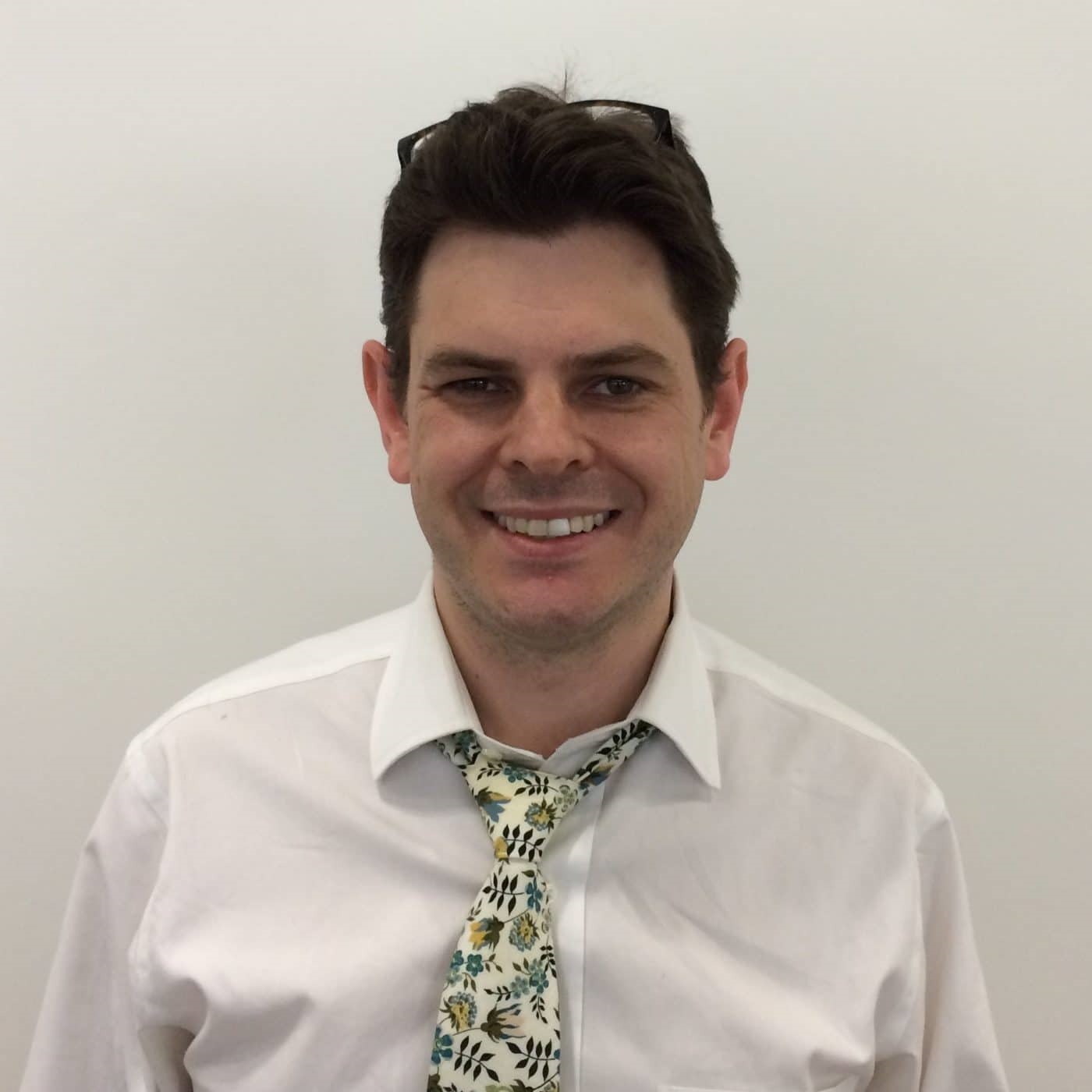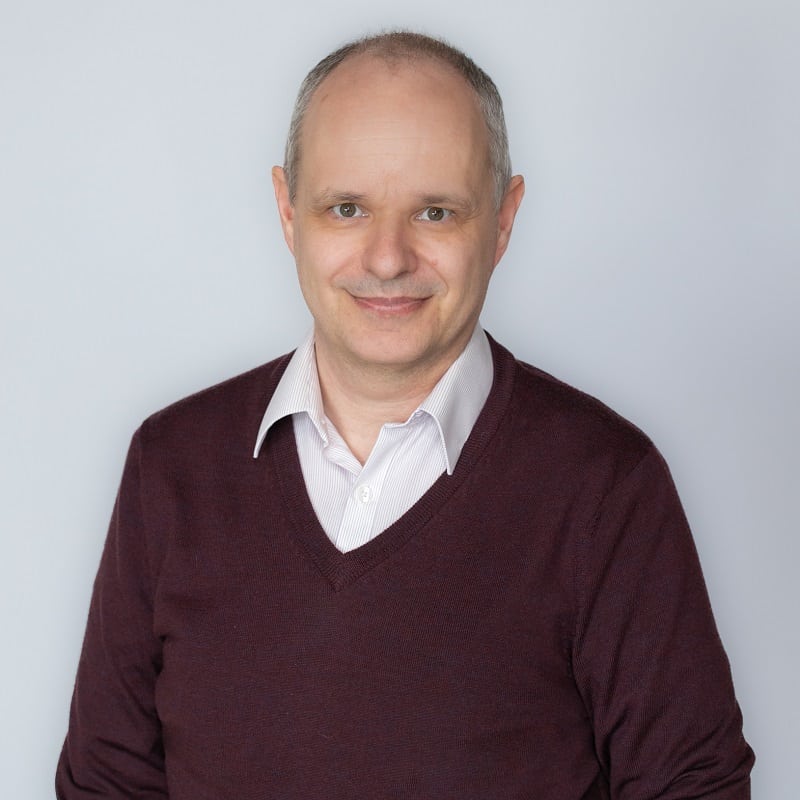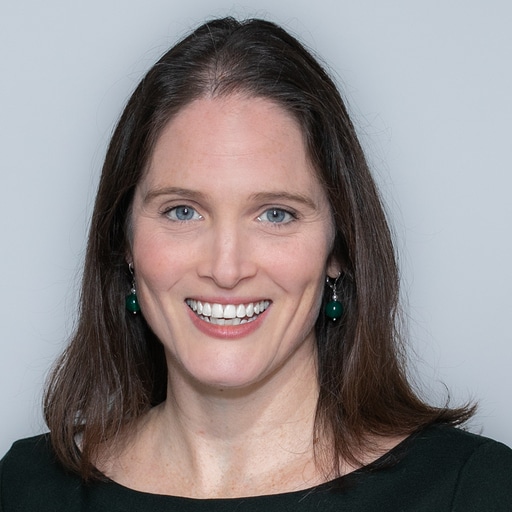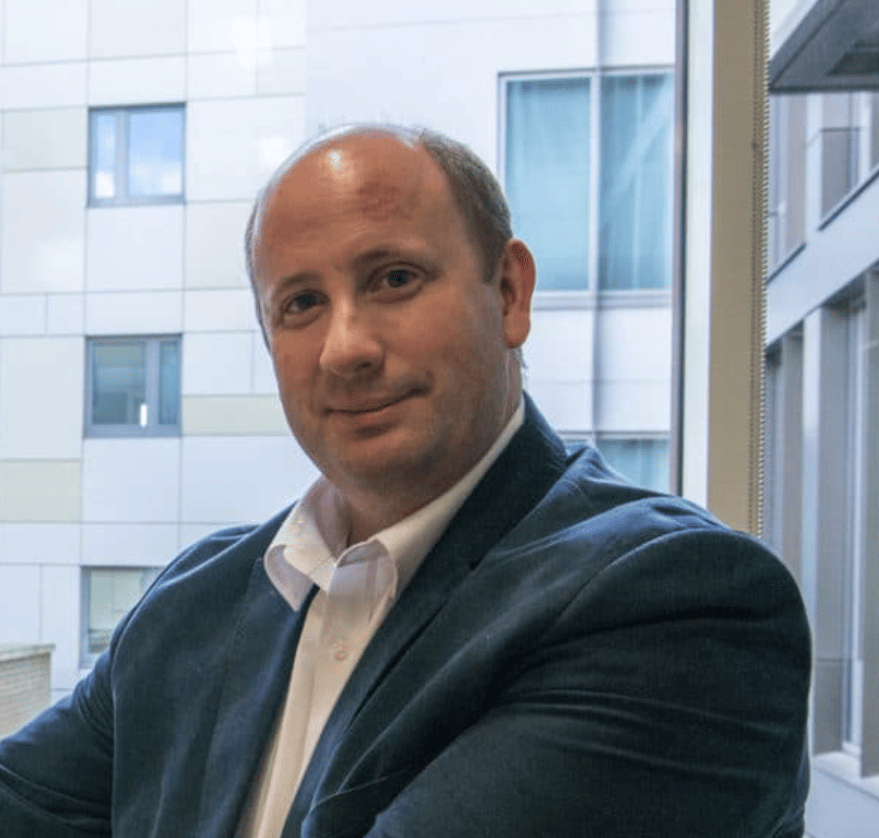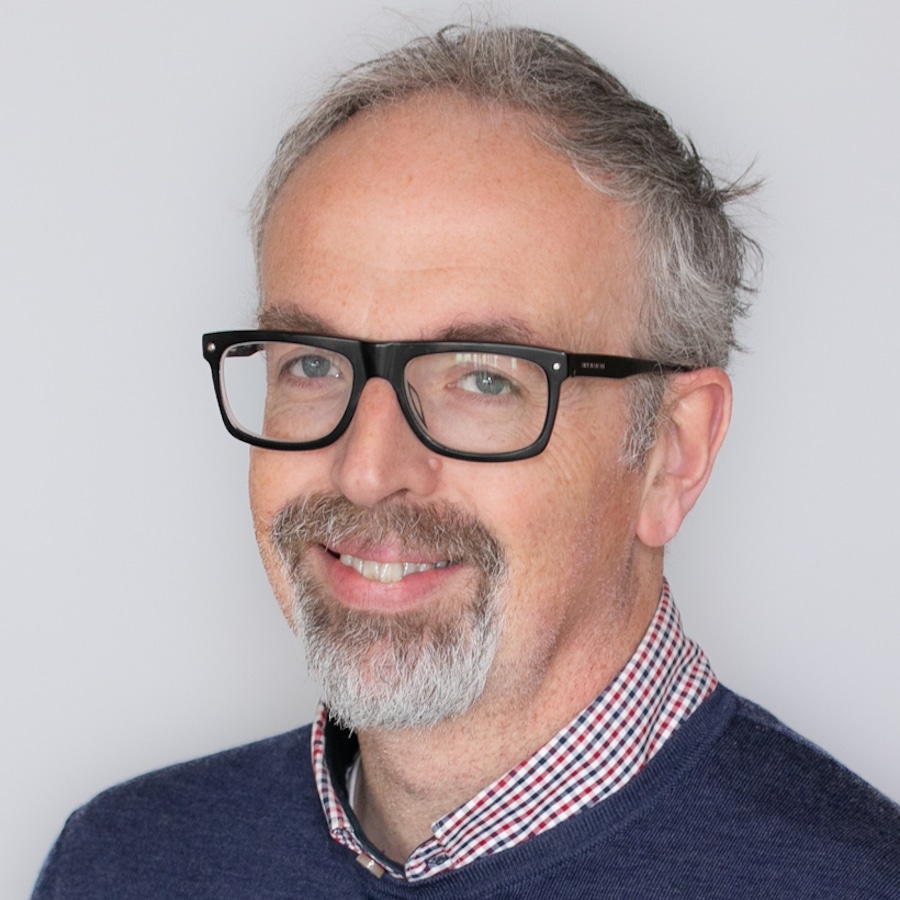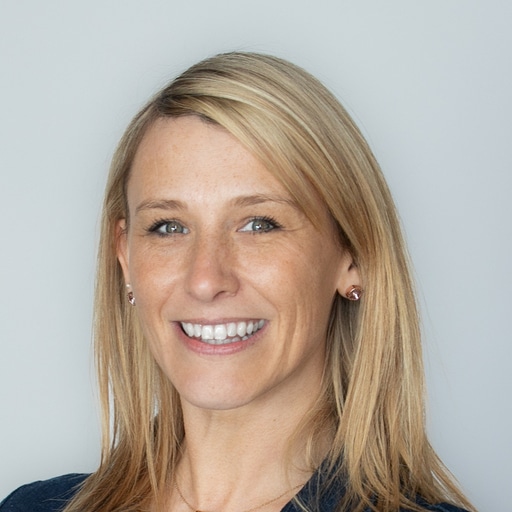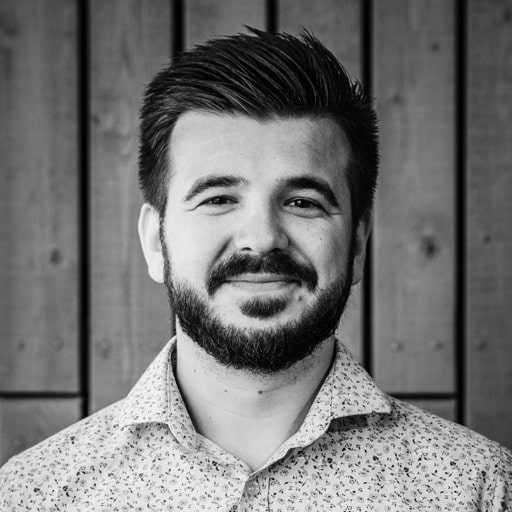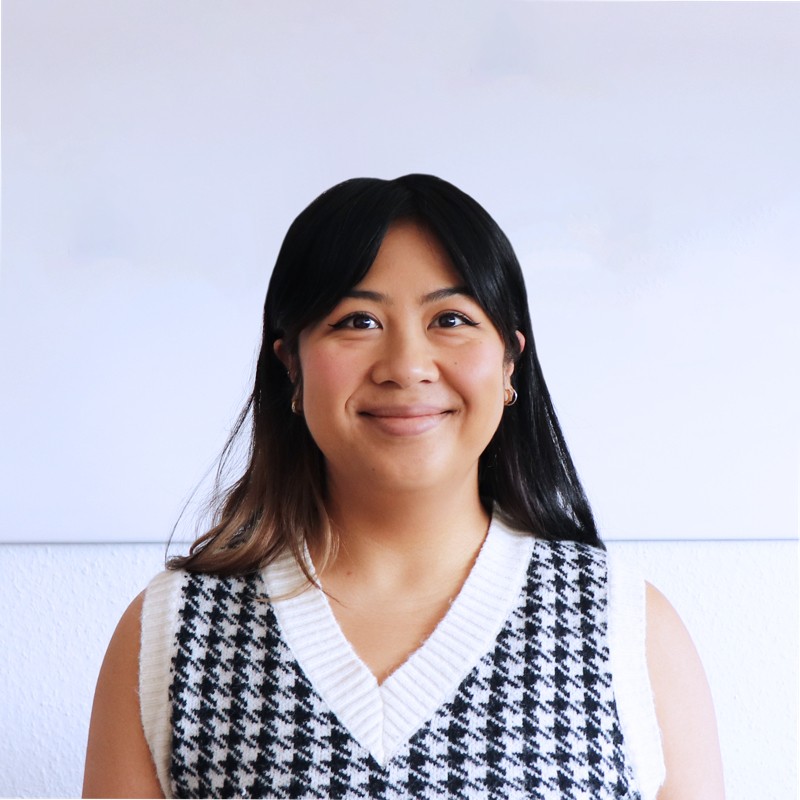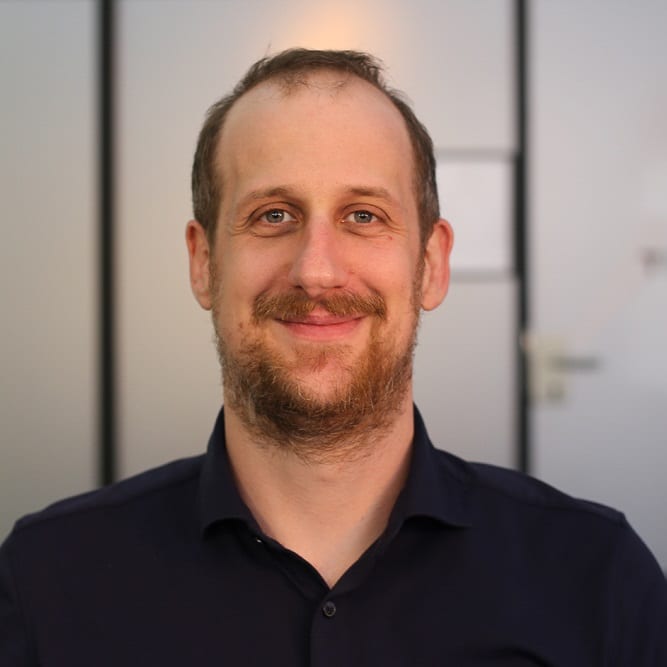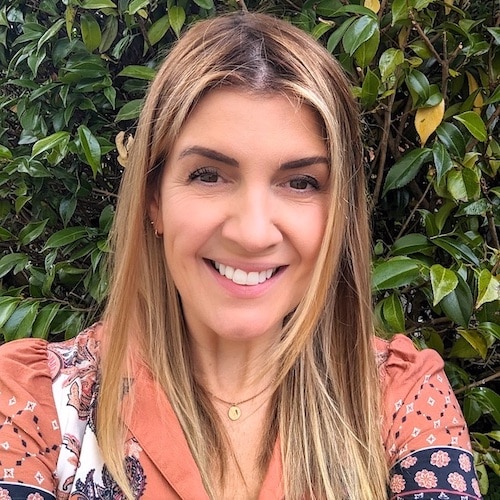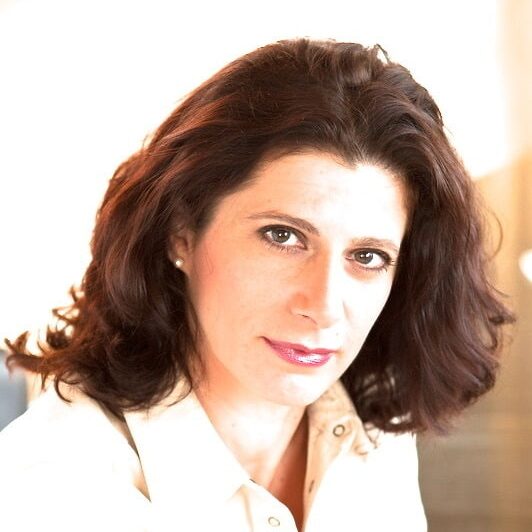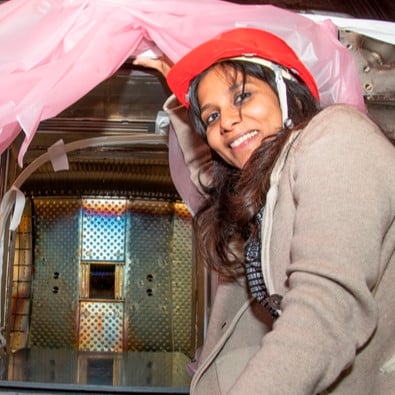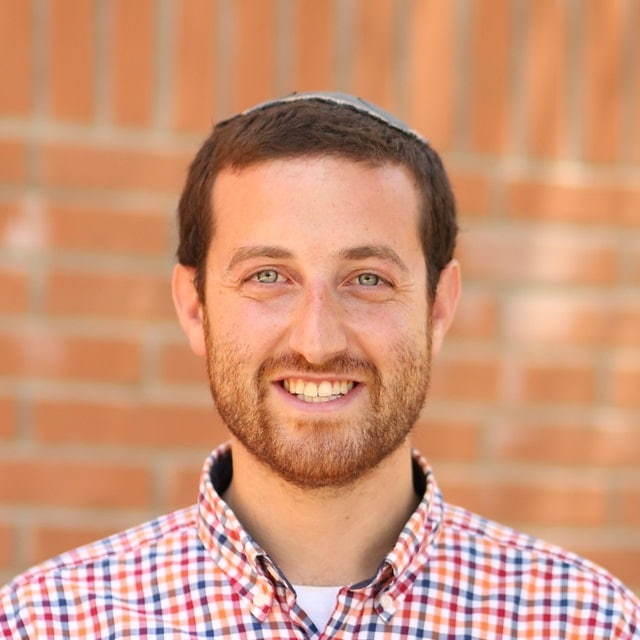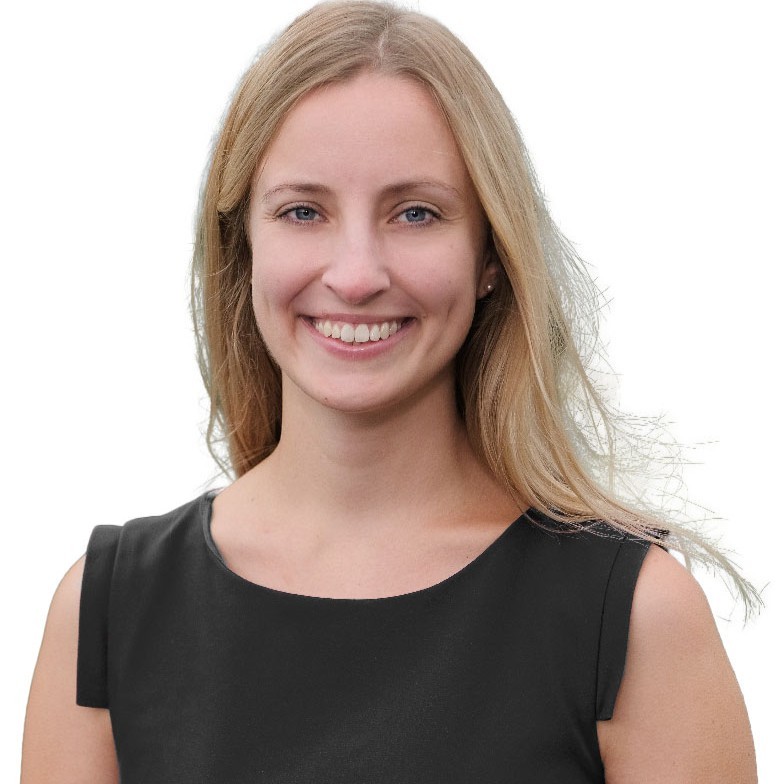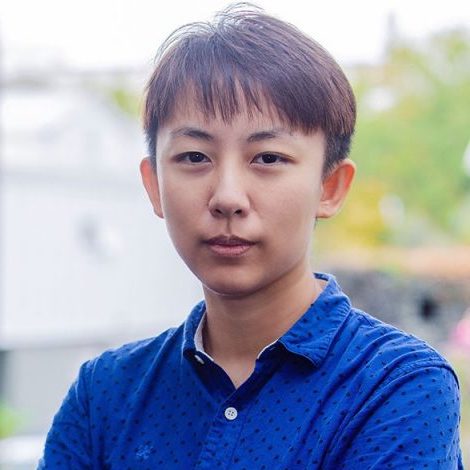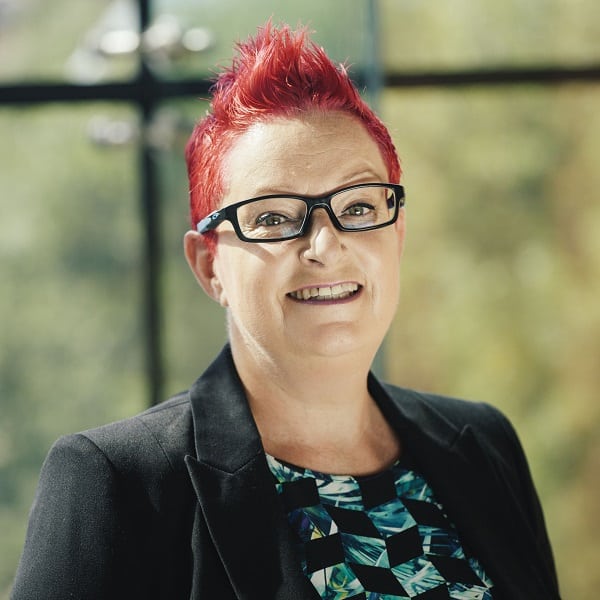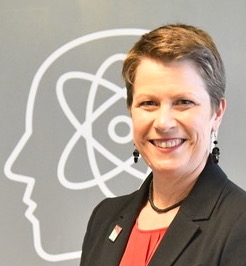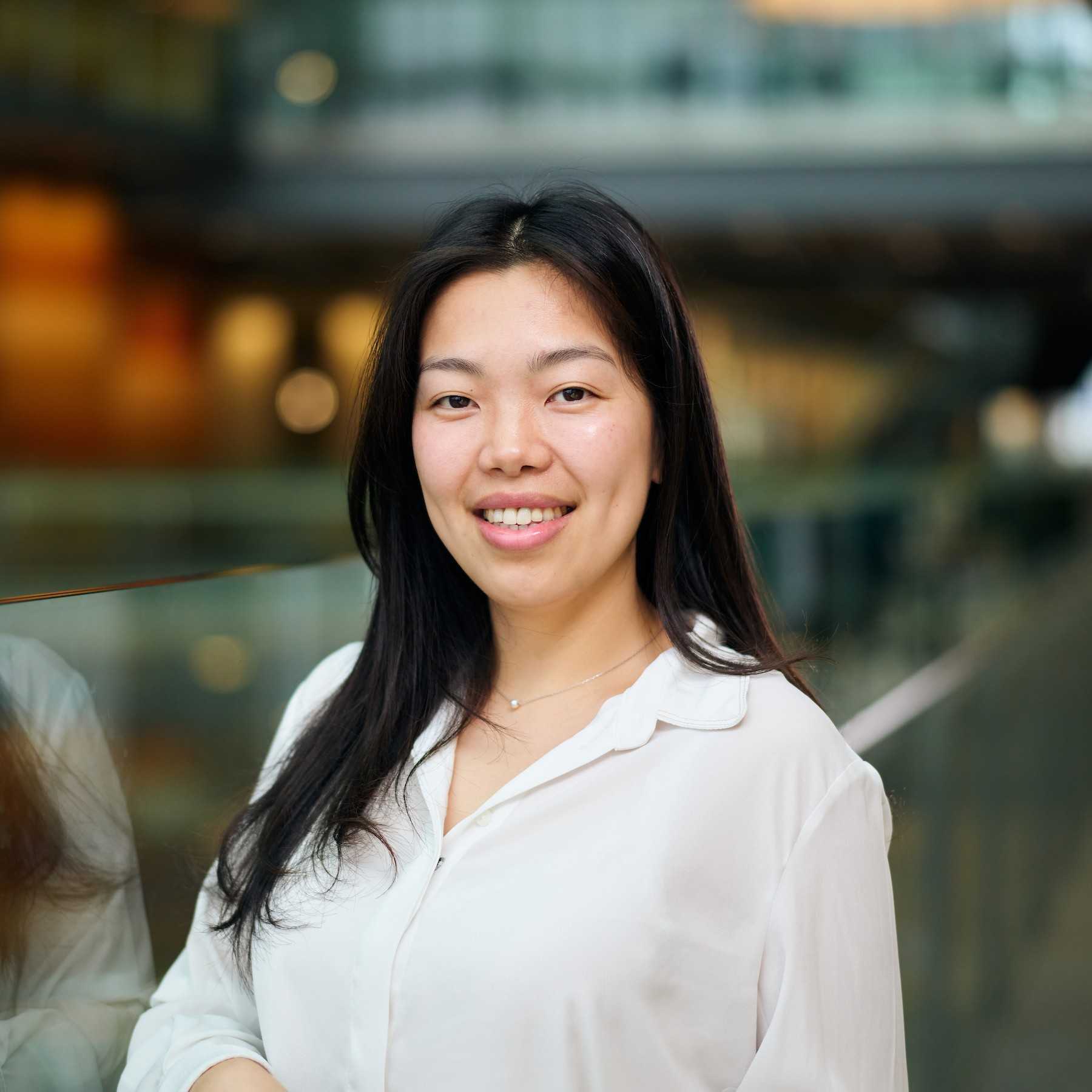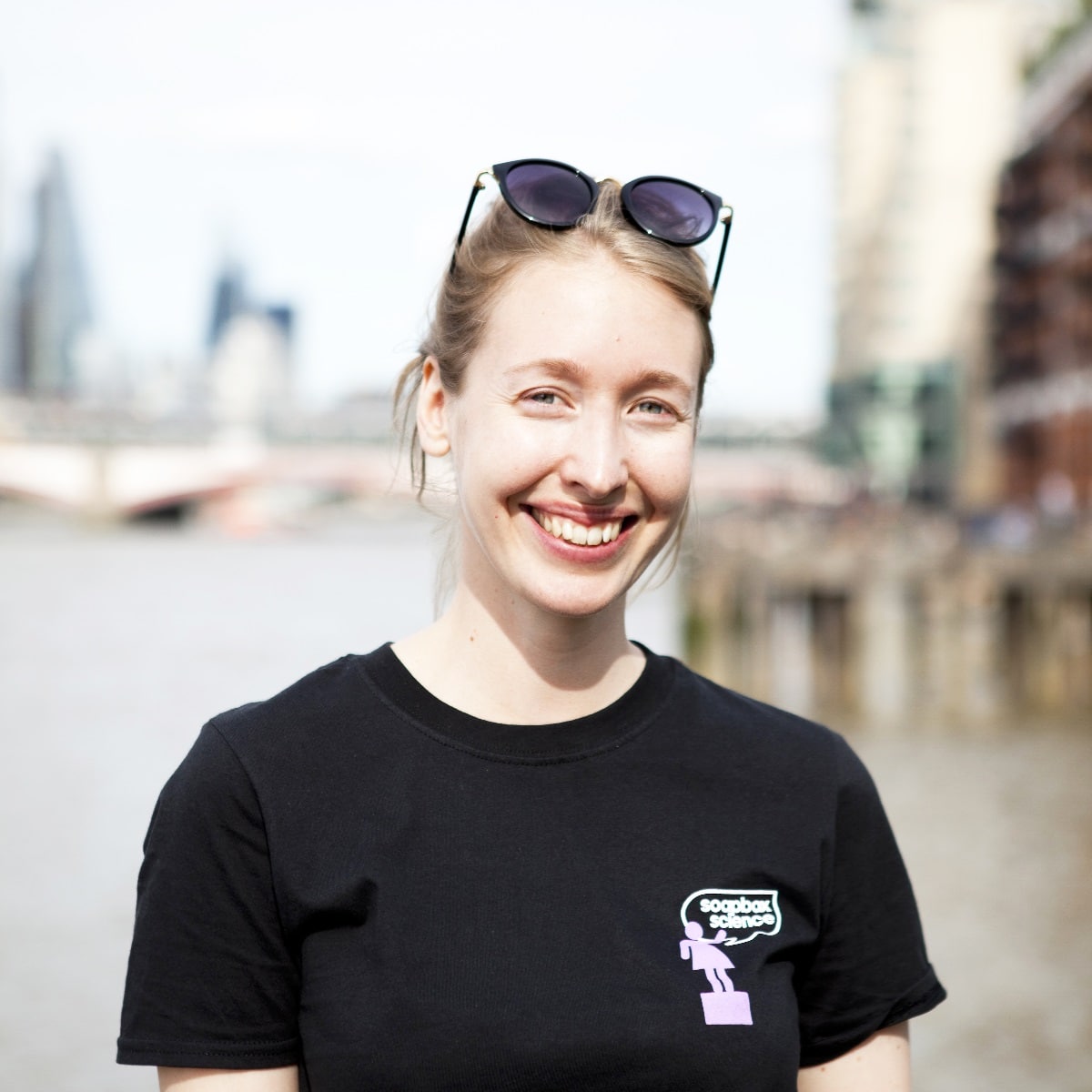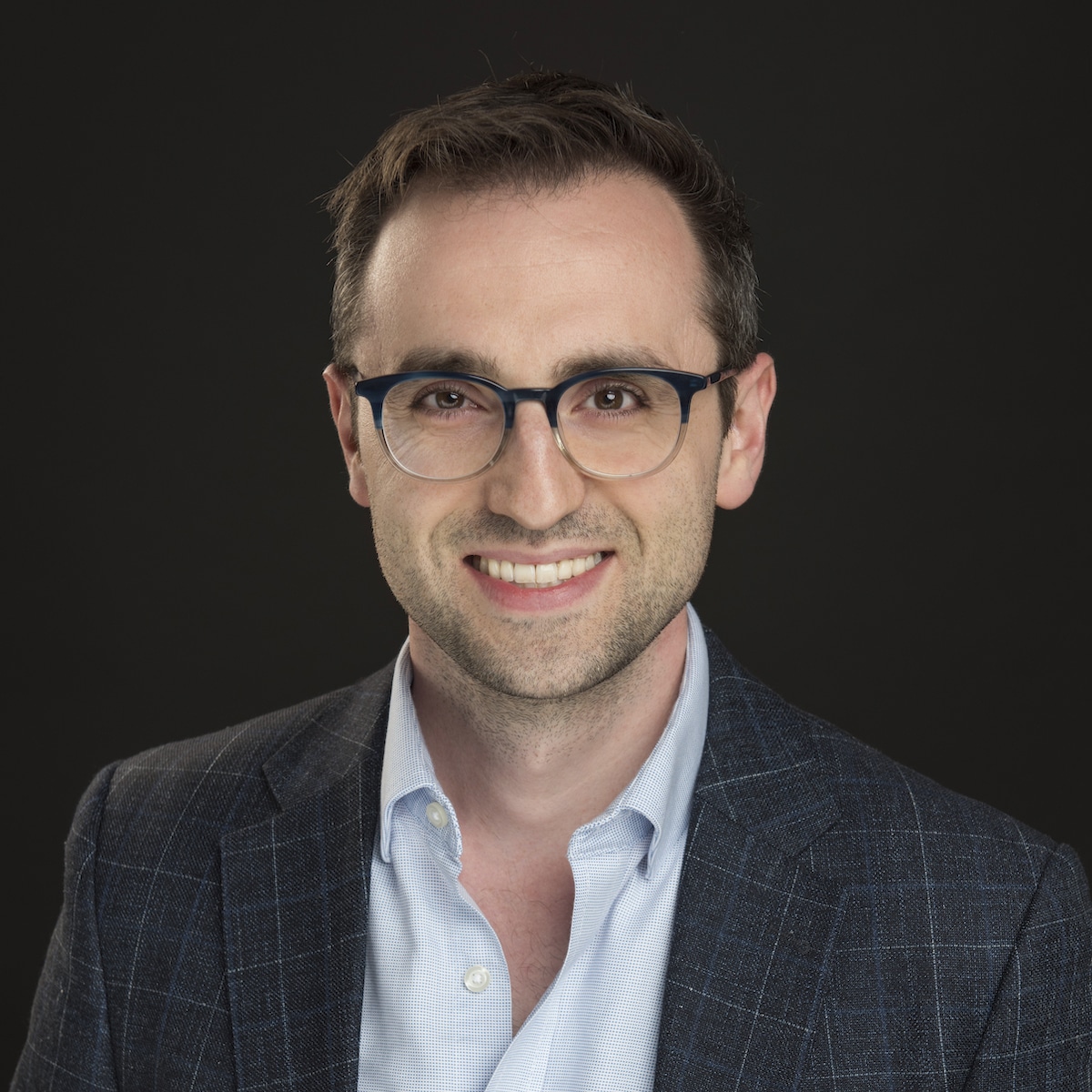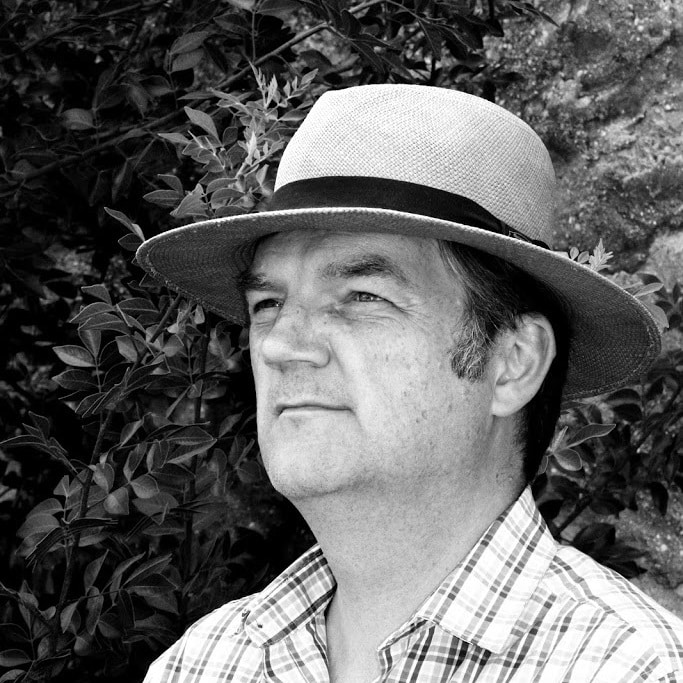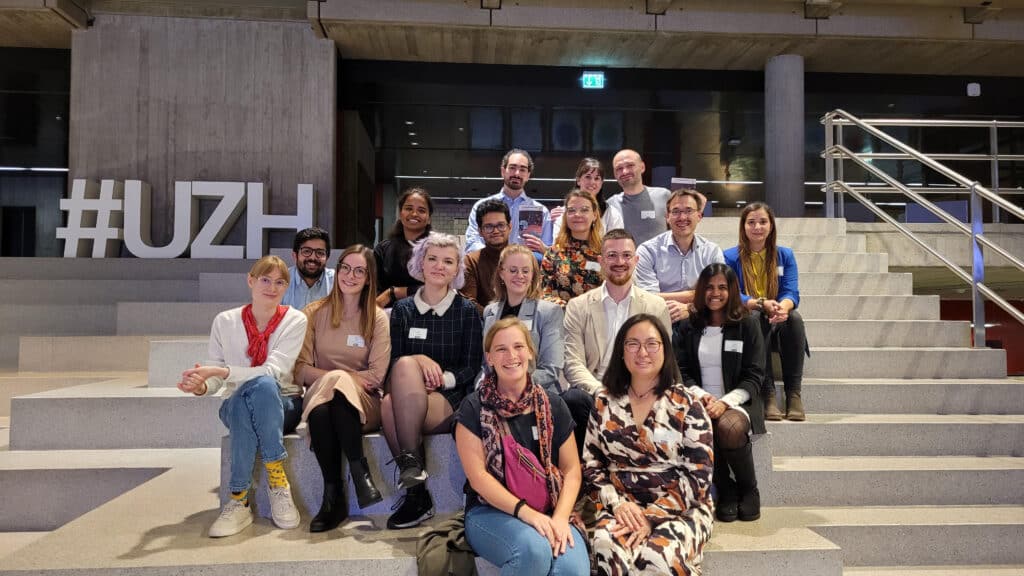
Foreword by John Hammersley: Earlier this year I joined Jo Havemann on her podcast, Access 2 Perspectives, to chat about the founding of Overleaf, the changing academic landscape, and how it ties in with my new role at Digital Science.
Following our chat, Jo introduced me to Joyce Kao, co-founder of the Swiss-based Open Innovation in Life Sciences Association, who had also recently recorded a podcast with Jo to talk about their founder story.
Joyce is now focusing her spare time on a new initiative called the Digital Research Academy (DRA), and in this short guest post she walks us through what it is, what led her to it, and why she’s so excited by it!
Hello Open Science! – The story behind the Open Innovation in Life Sciences Association
My three favorite things when I was a research scientist were interacting with other scientists, the conferences, and planning (anything really – research, seminars, journal clubs, etc.). It was an early passion of mine to bring people together for achieving joint targets in the most harmonious way possible. Thus, when I was asked to chair the organizing committee of the inaugural Open Innovation in Life Sciences (OILS) conference in Zürich, Switzerland, I said yes in a heartbeat. I also said yes at the time because I was a postdoctoral researcher from New York University, who was a visiting researcher at the beginning of a long time collaboration at ETH Zürich and I was looking to connect quickly with the local research community. This first OILS conference committee was a mixed team of ETH Zürich and University of Zürich researchers.
This 2018 inaugural OILS conference was a new international meeting organized by early career researchers (PhD students and PostDocs) in the life sciences to bring academia, industry, and government together for discussions on innovation based on open science principles. This event was an amazing success in its first year in raising funding and with almost 200 participants from all over the world. This event was a tipping point in my career journey because I was introduced to Open Science. Because of the thrill of success of the first event, it had to be done again.
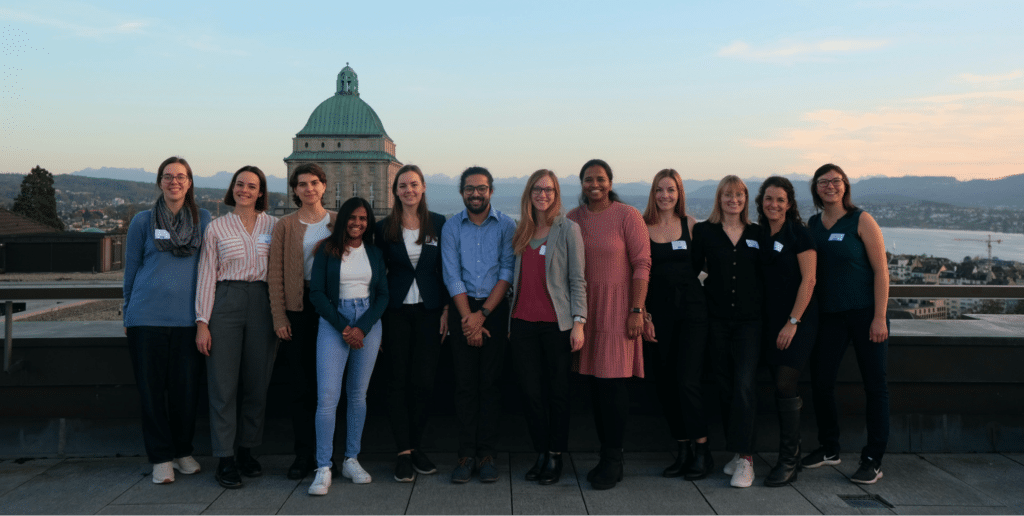
However, there were two main challenges that quickly became apparent:
1. How to pass on the conference organizing knowledge for years to come? PhD students and PostDocs move a lot and new people come and go.
2. How do we get early career researchers interested in helping with organizing the conference?
These challenges ultimately led my co-founder and I to establish the Open Innovation in Life Science Association. Our mission was to help ECRs learn more about Open Science. Establishing a non-profit association involves setting up governance and organizational infrastructure for decision making and knowledge preservation. The processes and knowledge base seemed to address the first challenge.
As for the second challenge, after a couple rounds of recruitment, we honed in on what attracted ECRs to the OILS association. A few joined OILS because they were Open Science supporters, but most joined up because they wanted to learn about project/event management, expand their professional network, and learn how to fundraise (e.g. write grants, cold calls/emails, etc.). Even though most came to gain these transferable skills, they all left knowing a bit more about Open Science so the association stayed true to its original mission.
While I am no longer an active member in the OILS association, it is still growing and doing even more exciting things beyond the annual conference. They have a strong following on LinkedIn (1300+ followers!) and also they just successfully organized their first Digital Health meets Open Science Hackathon called OpSciHack, which I got to witness as a mentor/judge!
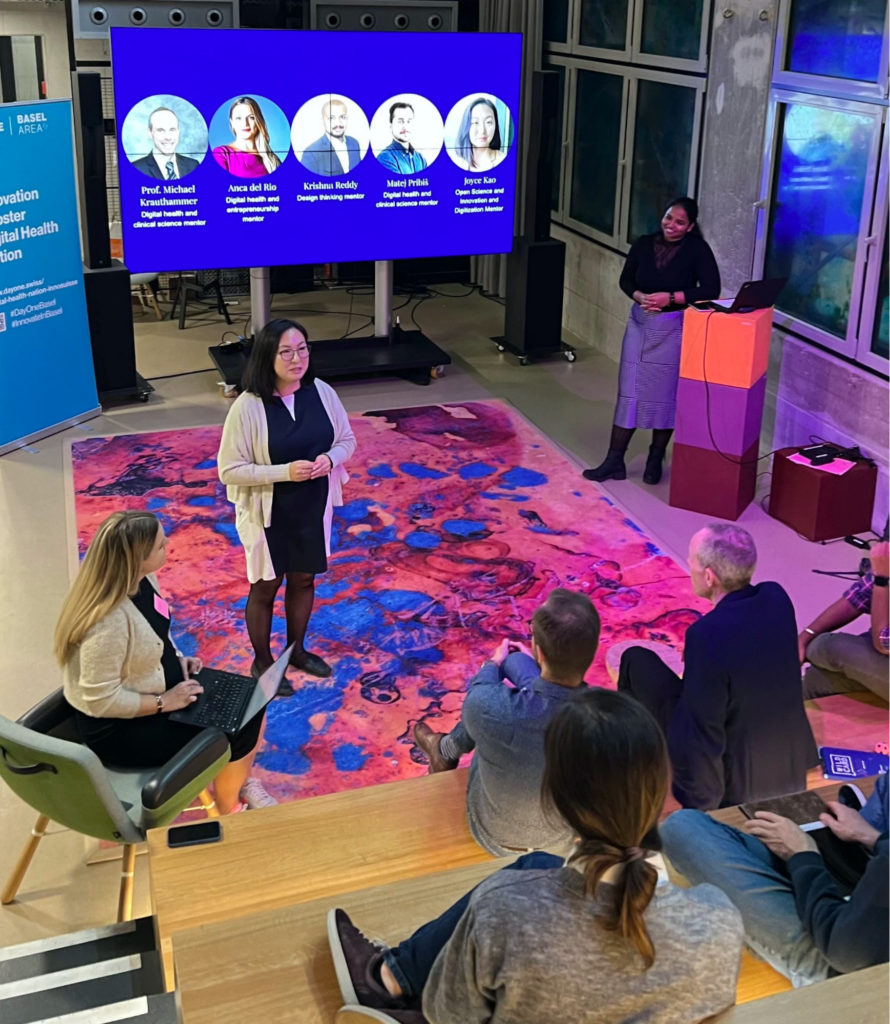
Always Be Learning – Open Science on an international scale
After founding OILS and running the association for a while, there was a very natural time point for passing on of the baton to the next generation of life science ECRs in Zurich. What people don’t always realize about me is that I am a trailing spouse. My spouse is an academic researcher and we go where the job is, which can be a very nomadic lifestyle for some. We moved to Aachen, Germany in 2021 when my spouse started his own research group and I needed to find a new position in the area. Given my experience with the long-term and complex process of setting up OILS and managing the different activities under the association, it was a very natural transition for me into a project management role. As an aside, many OILS Alumni become project/program managers (and/or consultants curiously enough). I now work as a Senior Project Manager at the local University Hospital in the Innovation Center for Digital Medicine dealing with mostly EU level projects. I manage some of our larger projects as well as help coordinate the activities of the project managers working on other EU-level projects. I would say that my current role is not unlike the work I did for the OILS Association from setting up operational infrastructure for an open and collaborative work environment to reading contracts and regulations about how European Funding Programmes work.
I have, for sure, learned a lot in my current role and do find the landscape of EU funding quite interesting. I do especially like finding out about the Open Science policies being built into the grant requirements (e.g. Open Access publications, Data Management Plans, etc.). There are many grassroots or bottom-up efforts for Open Science and it is very comforting to see the complementary efforts of the top-down regulations striving for the same goal of sustainable research.
Looking to the future – The Digital Research Academy
The theme of Open Science is still active in my life these days beyond the EU regulations and grant requirements. I do occasionally advise the current and amazing ECRs running the OILS Association. I am also a mentor in the OLS Open Seeds program, where I train future Open Science leaders. This program is run by OLS, a UK-based non-profit organization.
However, I am most excited right now by a recent initiative I am helping to develop in my free time called the Digital Research Academy (DRA). The DRA is a grassroots, community-first initiative where we are building a network of trainers, who provide training to the research community. The main topics of training center around the topics of Open Science, Data Literacy, and Research Software Engineering. With more government and higher education leaders supporting OS, the demand for quality OS training is increasing. All of our trainings are tailored to the needs of the research community.
You can read more about the DRA on our newly launched website: https://digital-research.academy/
Aside from just seemingly being addicted to building operational infrastructure for social startups, I have to admit that I am also thrilled to work with Heidi Seibold, who is an Open Science role model I looked up to while starting the OILS Association. Heidi left a prestigious research group leader position to pursue her Open Science passion and become a (quite successful) independent consultant in the field. She is the driving force behind the Digital Research Academy.
So far it has been an amazing experience to build the DRA. The support from our trainer community to date has been nothing short of incredible. We launched our first Train-the-Trainer program, which is the training program to become a DRA trainer. I have met so many passionate professionals coming from different research fields at all career levels. They are all trying to improve how we do research. At the same time, requests for training from the broader community have also been rolling in. All of this is incredibly promising and I am honored and excited to be able to support our trainer community in this journey.

